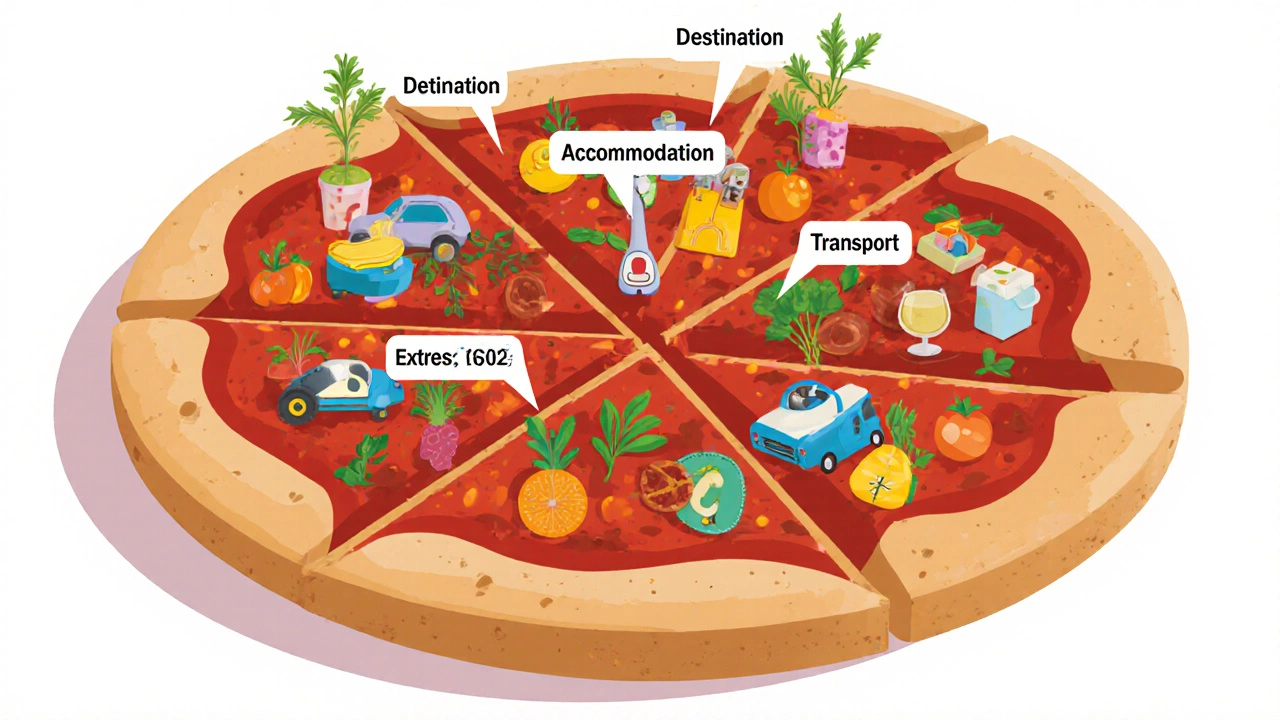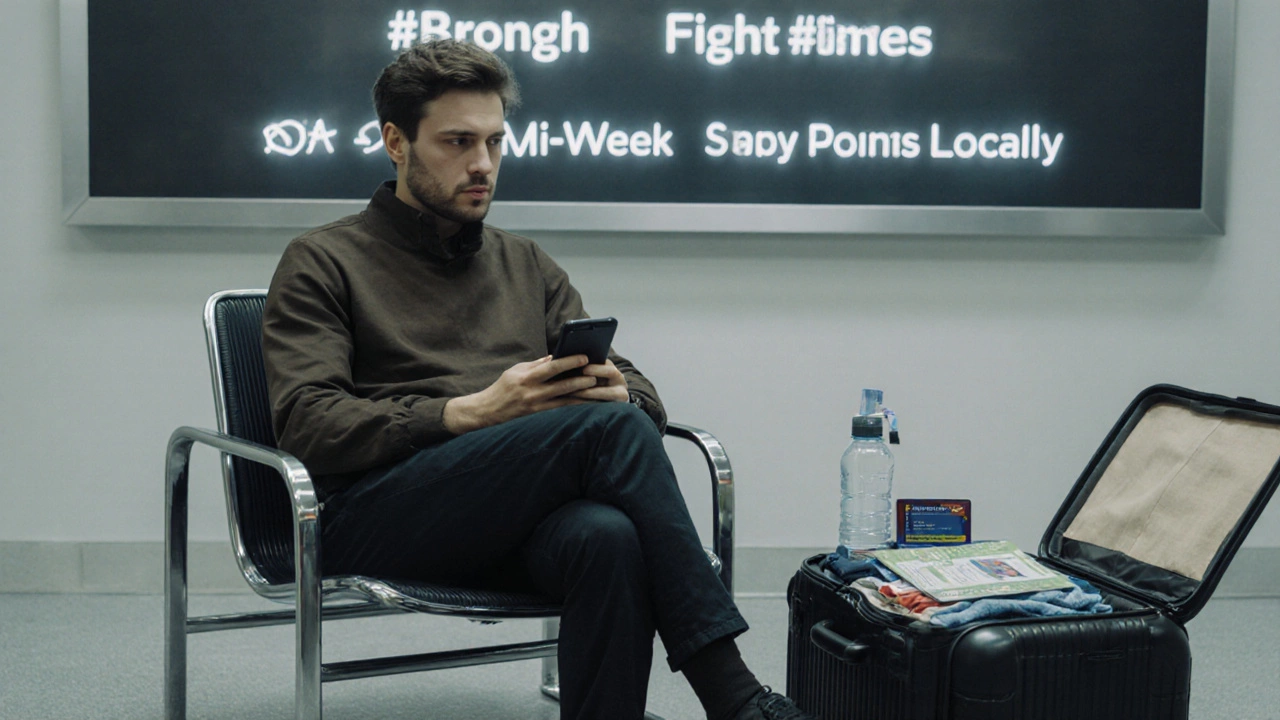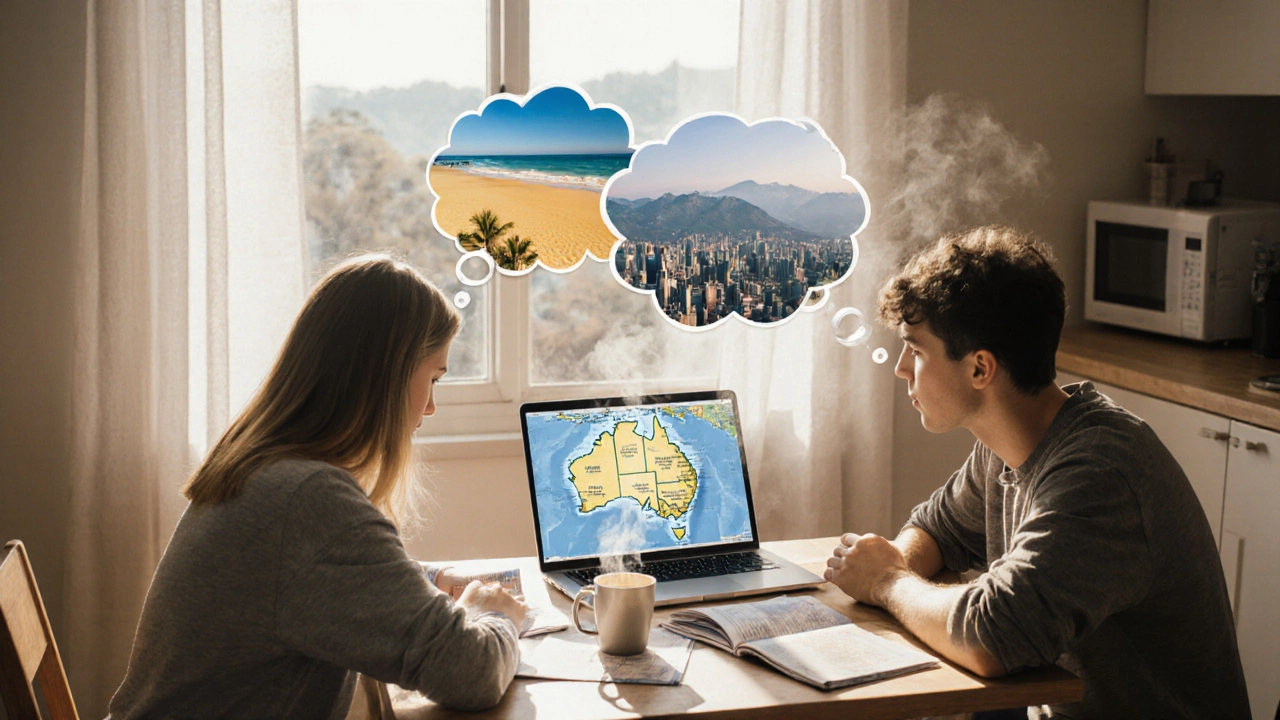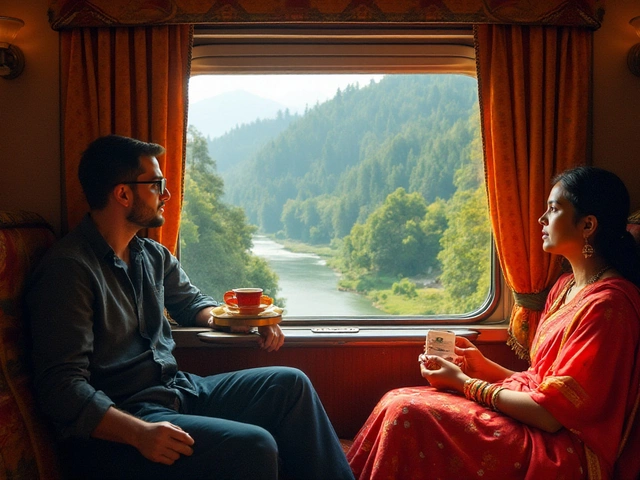Weekend Getaway Budget Calculator
Your Getaway Details
Customize Your Budget
Your Budget Breakdown
Estimated Total: AU$0
Core Expenses (50%): AU$0
Experiences (30%): AU$0
Buffer & Extras (20%): AU$0
When planning a short escape, Weekend getaway is a brief vacation-typically two to three days-designed to recharge, explore nearby attractions, and fit into a busy schedule. Most people wonder how much a weekend getaway should cost, and the answer depends on a mix of destination, lifestyle, and timing. Below you’ll find a step‑by‑step guide that breaks every cost driver into bite‑size pieces, gives you real‑world budget examples, and hands you a printable checklist so you never overlook a hidden fee.
What Shapes Your Weekend Getaway Cost?
Think of a travel budget like a pizza: the crust is your core expenses, the toppings are the extras, and the sauce ties everything together. For a weekend trip the core expenses are usually four categories.
- Destination determines the baseline price level (city vs. coast vs. mountains).
- Accommodation covers hotels, hostels, cabins, or Airbnb rentals.
- Transportation includes flights, trains, car rentals, fuel, or rideshares.
- Food & Drink meals, snacks, coffee, and occasional night‑out.
From there, the toppings add up: activities, travel insurance, souvenirs, and any premium services (spa, guided tours, etc.). Seasonal spikes-like a long weekend in December or a holiday in July-can push every line item higher.
Typical Price Ranges for 2025
Below is a snapshot of what most Australian travellers spent on a three‑day getaway in 2025. Numbers are averages from a survey of 1,200 travelers on travel‑budget apps and reflect inclusive costs (taxes, fees, and small incidentals).
| Getaway Type | Destination | Accommodation | Transport | Food & Drink | Activities & Extras | Total (3 days) |
|---|---|---|---|---|---|---|
| City Break (Sydney → Melbourne) | AU$150 | AU$180 (mid‑range hotel) | AU$120 (flight + airport transfer) | AU$120 | AU$80 (museum, tours, night out) | AU$750 |
| Beach Resort (Gold Coast) | AU$130 | AU$240 (4‑star resort) | AU$80 (fuel for 2‑hour drive) | AU$150 | AU$100 (surf lessons, park entry) | AU$800 |
| Mountain Cabin (Blue Mountains) | AU$110 | AU$150 (cabin rental) | AU$70 (fuel + tolls) | AU$130 | AU$60 (hiking guide, bike hire) | AU$630 |
| Rural Farm Stay (Hunter Valley) | AU$100 | AU$180 (farmhouse) | AU$90 (car hire) | AU$140 | AU$70 (wine tasting, market) | AU$680 |
These figures give you a baseline. If you’re traveling solo, you’ll often spend less on accommodation (hostel or shared Airbnb). Couples might split costs, making the per‑person number look lower.
How to Build Your Own Budget
Start with the “50‑30‑20” rule adapted for short trips:
- 50 % - Core Expenses: Destination, accommodation, transport, and meals.
- 30 % - Experiences: Tours, entry fees, special meals, and nightlife.
- 20 % - Buffer & Extras: Travel insurance, souvenirs, unexpected fees.
Plug the numbers from the table above into this rule and you’ll see the math line up-giving you a clear “spend‑what‑you‑can” gauge.

Tools and Apps to Keep Track
Modern travel budgeting is easier with a few trusted tools. Most of them let you set categories, track expenses in real time, and even forecast total spend.
- Travel budgeting apps such as Splitwise, Trail Wallet, or the built‑in budgeting feature in Google Trips.
- Google Flights or Skyscanner for fare alerts.
- Airbnb’s price filter and map view to lock in accommodation costs early.
Saving Money Without Skimping on Fun
Here are five proven tactics that keep the experience rich while trimming the receipt:
- Travel off‑peak: Mid‑week departures (Tuesday‑Wednesday) shave 15‑30 % off flights and accommodation.
- Bundle transport and lodging: Many hotel chains offer “stay‑and‑fly” packages that lock in a discount when you book both together.
- Use loyalty points: Credit‑card travel rewards or airline frequent‑flyer miles can cover a round‑trip flight, effectively making transport free.
- Eat like a local: Skip the hotel breakfast buffet and hit the nearest bakery or market stall-often under AU$10 per meal.
- Pre‑pay activities: Booking tours online a week ahead usually nets a 10‑20 % discount and guarantees availability.

Sample Budget Worksheets
Downloadable spreadsheets are handy, but here’s a quick copy‑paste version you can edit in any spreadsheet program.
| Category | Estimated Cost (AUD) | Actual Cost (AUD) |
|---|---|---|
| Destination (entry fee, local transport) | AU$120 | |
| Accommodation (3 nights) | AU$210 | |
| Transport (flight or car) | AU$100 | |
| Food & Drink | AU$150 | |
| Activities & Extras | AU$80 | |
| Travel Insurance | AU$30 | |
| Total | AU$690 |
Fill in the “Actual Cost” column as you spend. If the final number stays under your target, you’ve successfully managed the budget.
Checklist Before You Book
- Confirm travel dates (avoid public holidays if you want lower prices).
- Set a maximum total spend and mark it in your budgeting app.
- Book transport first-cheapest seat is often gone within hours of release.
- Reserve accommodation with free cancellation; it protects you if a cheaper option appears later.
- Buy travel insurance that covers trip cancellation and medical emergencies; the cost is usually 2‑3 % of the total trip price.
- List three “must‑do” experiences and allocate a specific budget line for each.
- Pack light to avoid extra baggage fees (most airlines charge AU$30‑$50 per extra bag).
FAQs About Weekend Getaway Costs
What is the cheapest way to travel between cities for a weekend?
Taking a budget airline or an early‑morning train usually offers the lowest fare. Booking 2‑3 weeks ahead can slash prices by up to 40 % compared to last‑minute bookings.
Should I rent a car or rely on public transport?
If your destination is a major city with good rail links, public transport is cheaper and less stressful. For coastal or mountain spots where attractions are spread out, a compact rental (AU$30‑$45 per day) often saves both time and money.
How much should I allocate for food on a three‑day trip?
A realistic range is AU$40‑$60 per day if you mix grocery meals with a couple of restaurant treats. That works out to AU$120‑$180 for a typical weekend.
Is travel insurance worth the cost for a short trip?
Yes. A basic policy costs about AU$30‑$40 and can cover flight cancellations, lost luggage, and medical emergencies-costs that could easily exceed the premium if something goes wrong.
Can I travel on a $500 budget and still enjoy a nice getaway?
Absolutely-focus on off‑peak dates, choose a nearby destination reachable by car, stay in a budget Airbnb, and cook a few meals. The sample budget in the table shows many trips averaging under AU$600, so dropping a few non‑essentials can bring you under $500.
With a clear breakdown, a realistic target, and the right tools, you’ll never feel blindsided by a surprise expense again. Happy planning, and enjoy every minute of your weekend recharge!



